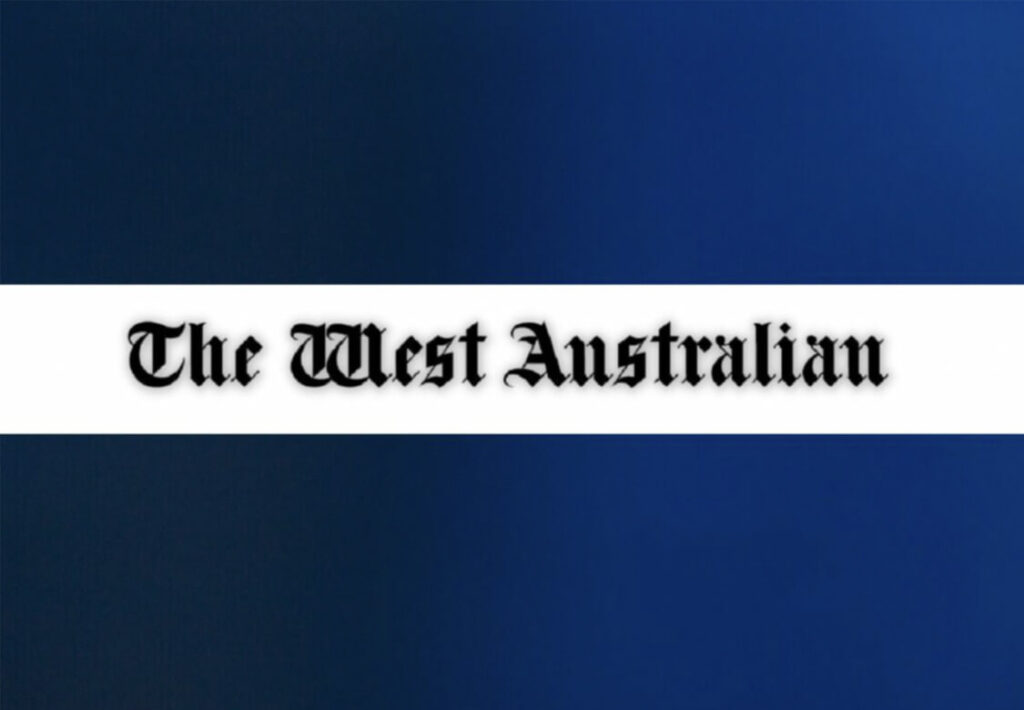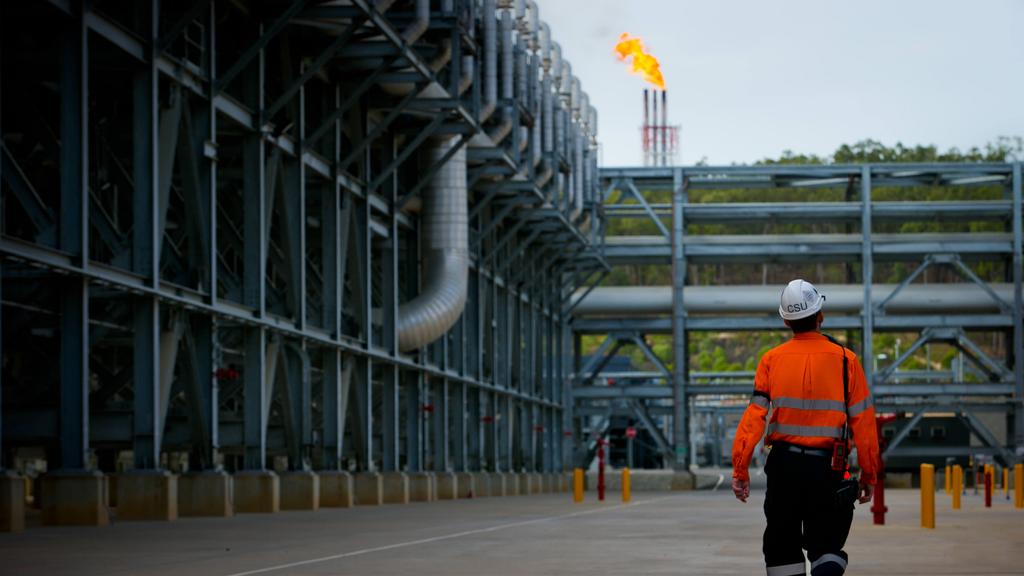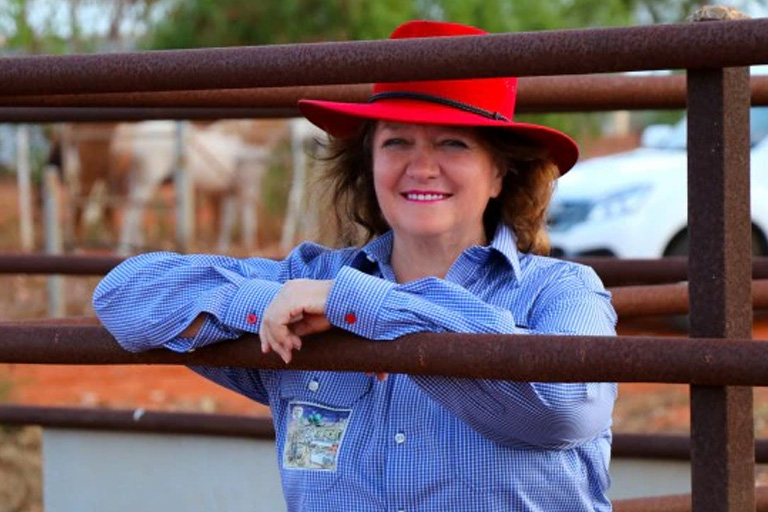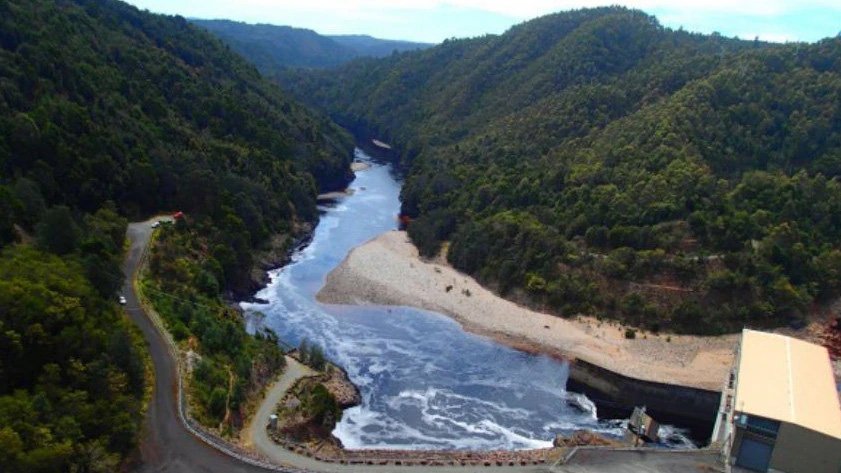News


‘Of course’: BHP boss indicates Pilbara union push could snuff out $4b WA iron ore expansion plans
An ongoing union incursion into BHP’s powerhouse Pilbara iron ore operations might stop a multi-billion-dollar expansion from going ahead, warns the company’s chief Mike Henry.

Goldmine conflict pits NSW ALP against feds
The conflict between the NSW and federal Labor governments has intensified over the future of a $1bn gold mine near Orange, with state Resources Minister Courtney Houssos meeting with Regis Resources on Tuesday in a bid to keep the project alive.

Gas shortfall imminent, APA modelling shows
Australian households could be hit with “cold showers” due to energy shortages, with the nation’s largest gas pipeline operator warning expensive gas will have to be imported into the country to fill the gap if pending projects are not approved.


Jacinta Allan and Gina Rinehart headline 2024 Bush Summit day two in Bendigo
Day two of the 2024 Bush Summit has featured addresses from Victorian Premier Jacinta Allan and mining magnate Gina Rinehart, as attendees tune in to discussions over the key issues facing Australia’s regional communities.

‘Perfect storm’ warning issued to Australia’s east coast energy market
Australia’s east coast energy market is facing a perfect storm of higher global LNG prices, volatile and intermittent renewables penetration, coal plant outages and extreme weather, increasing fears of gas shortages, spiking power bills and blackouts.

Renewables will not magically make fossil fuels go away
Despite much hype, the much-vaunted green energy transition away from fossil fuels isn’t happening. Achieving a meaningful shift with current policies turns out to be unaffordably costly. We need to drastically change policy direction.


Mining is what we’re good at, so why do we take it for granted?
Our resources are rich, but rarely unique. It’s a competitive business – look what’s happened in nickel, where Indonesia and China have combined suddenly to dominate. It’s time for Australia to cease taking its only world-leading industry for granted.

Without a shift, our goose will be cooked
We need a mindset change, and we need this quickly.

Tanya Plibersek’s gold mine veto will lead to sovereign risk and ‘hijack’ of Aboriginal Heritage Act, miners warn
Miners have warned of a new and unprecedented sovereign risk to resources investment in Australia after the Albanese government’s decision to effectively kill a $1bn goldmining project in NSW on contested Indigenous heritage grounds that have been challenged by a local Aboriginal land council.